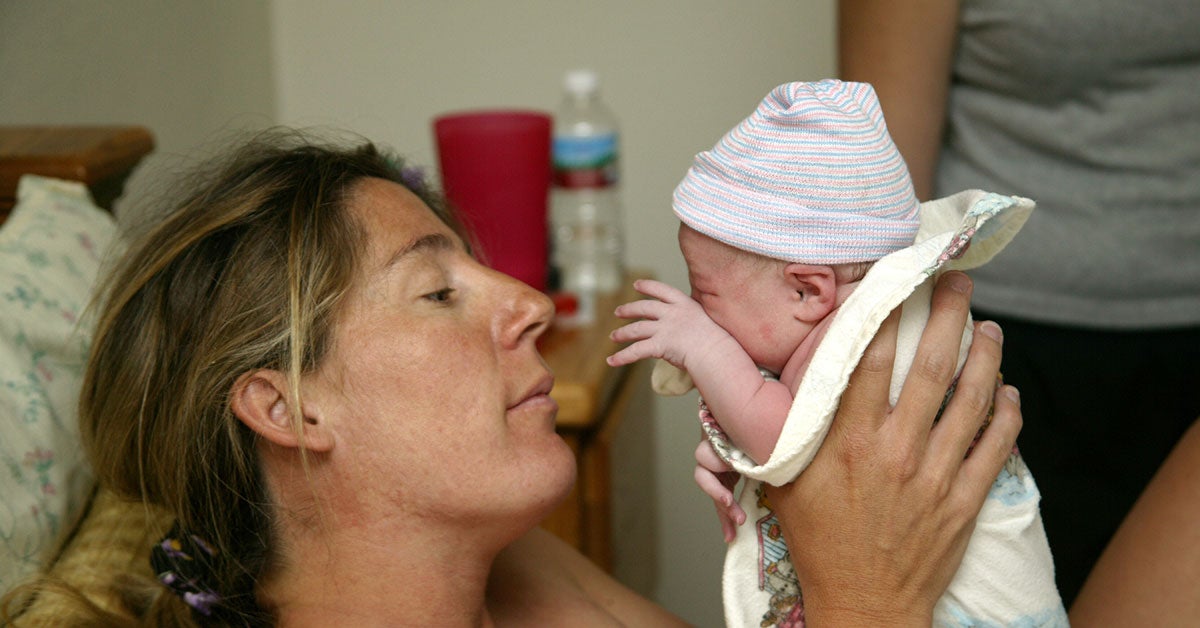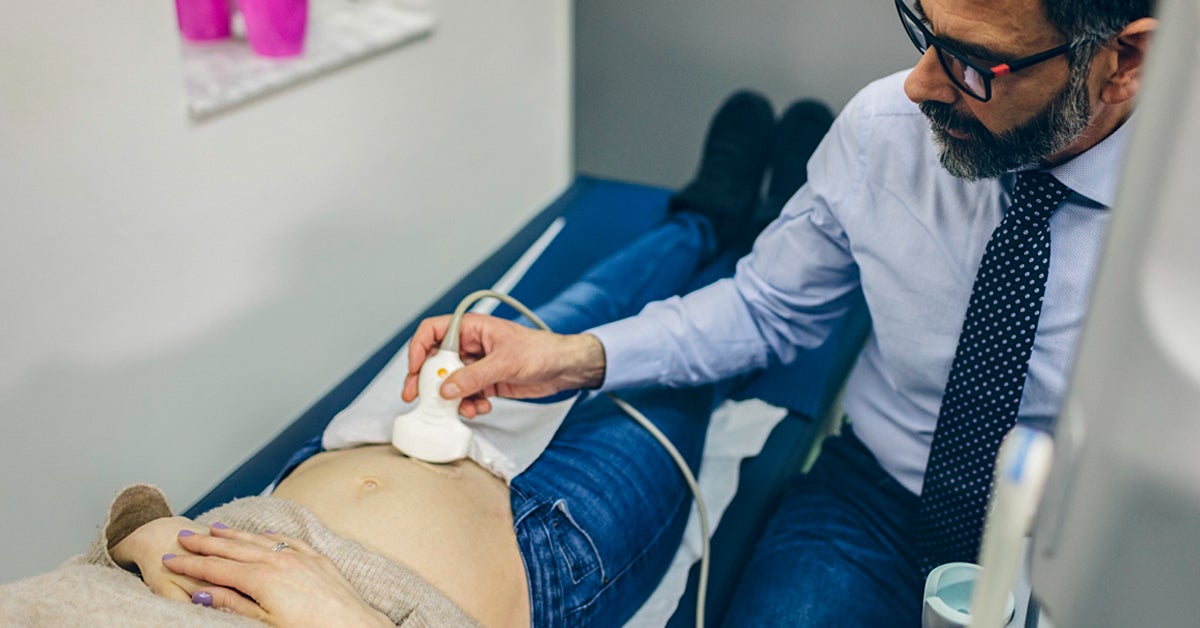PTSD Causes: The Science of Trauma and How to Treat It
Post-traumatic stress disorder, or PTSD, is a trauma- and stressor-related disorder that can occur after being exposed to severe trauma.
PTSD can be caused by a number of different traumatic events. According to the National Center for PTSD, between 7 and 8 percent of the population experiences PTSD at some point in their lives.
PTSD is a treatable condition, and many people with PTSD are able to successfully manage their symptoms after receiving effective treatment.
PTSD is caused by being exposed to trauma, including experiencing, witnessing, or even learning about a severely traumatic experience.
events that may cause ptsd
- military combat
- sexual or physical assault
- abuse or neglect
- natural disasters
- auto accidents (motorcycle, etc.)
- severe injury
- traumatic birth (postpartum PTSD)
- terrorism
- diagnosis of life-threatening illness
- witnessing violence and death
According to the NHS, 1 in 3 people who experience severe trauma will develop PTSD. There are a few factors that make it more likely that someone will develop PTSD after a traumatic event.
risk factors for ptsd
- having a history of mental health disorders such as panic disorder, depression, or OCD
- having little support from loved ones after the event
- experiencing further trauma or stress around the event
In addition to the above, brain structure and stress hormones may also play a role in the development of PTSD.
In people with PTSD, the hippocampus — a part of the brain — appears to be smaller. However, it's unclear if the hippocampus was smaller before the trauma, or if the size is reduced as a result of the trauma.
Researchers believe a malfunctioning hippocampus could stop the brain from processing trauma properly, and this could lead to PTSD.
Similarly, people with PTSD have abnormally high levels of stress hormones, which are released during traumatic events. These high amounts of hormones could be the cause of some PTSD symptoms, such as numbness and hyperarousal.
There are a number of 'resilience factors' too, which are factors that make it less likely that someone will develop PTSD after a traumatic event.
FACTORS THAT MAKE PTSD LESS LIKELY
- having a strong support network
- learning to use positive coping strategies to address negative emotions
- feeling good about the actions you took when you experienced the traumatic event
This is not to say that people who develop PTSD aren't resilient or strong. If you have PTSD, it's not your fault. PTSD is a natural, common, and understandable reaction to trauma.
There are many symptoms of PTSD.
symptoms of ptsd
- intrusive thoughts such as if you can't stop thinking about the traumatic event
- mood changes such as feeling hopeless, numb, or anxious
- being easily startled
- feeling overwhelming guilt or shame
- feeling disinterested in your relationships, career, or hobbies
- flashbacks, which may make you feel like you're reliving the traumatic event
- nightmares
- feeling emotionally distressed when something reminds you of the event
- struggling to concentrate, sleep, or eat
- engaging in self-destructive behavior, including substance use
- self-harm
- suicidal thoughts
- panic attacks
- negative beliefs or expectations about oneself, others, or the world
Certain reminders of the event, or triggers, can incite or worsen the symptoms of PTSD.
According to the National Institute of Mental Health, these symptoms usually show up within three months of experiencing the traumatic event. However, it's possible for the symptoms to develop later.
There are a number of different treatments for PTSD. These include talk therapy, medication, and personal lifestyle changes.
Seeing a trained therapist is generally the first step when it comes to treating PTSD.
Talk therapy, or psychotherapy, involves talking to a professional about your experiences and symptoms. There are a few different kinds of therapy that are effective for treating PTSD. These include:
- Cognitive-behavioral therapy (CBT). CBT involves discussing the trauma and your symptoms and helping you implement better thought and behavioral patterns.
- Exposure therapy. This therapy involves talking about the trauma and working through it in a safe environment to help you process the experience.
- Eye movement desensitization and reprocessing (EMDR) therapy. This interactive therapy involves moving your eyes from side-to-side while recalling the trauma so that you can process the event outside of the strong emotions attached to the memories.
The type of therapy you receive will depend on your own needs and your healthcare provider's experience.
Medication for PTSD
Some prescription medications, such as sertraline (Zoloft) and paroxetine (Paxil), can help treat the symptoms of PTSD.
Lifestyle changes
A number of lifestyle changes and self-care practices can help you manage your symptoms.
Some of the recommended coping strategies include:
ways to manage symptoms
- learning about PTSD to better understand your symptoms
- meditating
- exercising
- journaling
- attending a support group
- having a strong network of loved ones
- reducing negative coping mechanisms such as misusing drugs and alcohol
Emergency treatments
If you feel suicidal, or if you think you have a PTSD-related emergency, seek help immediately.
It might be wise to reach out to your healthcare provider or a trusted loved one or to go to an emergency room at your local hospital.
where to find help todayYou are not alone. Help may be one phone call or text away. If you feel overwhelmed or suicidal, contact one of these hotlines:
- Suicide Prevention Lifeline: 1-800-273-8255
- US Veterans Crisis Line: 1-800-273-8255 and Press 1, or text 838255
- Crisis Text Line: Text CONNECT to 741741
If you live outside of the United States, you can find a suicide prevention line for your country here.
If you have PTSD or suspect you have PTSD, seeking help from a professional can help.
If left untreated, PTSD can affect your relationships and impact daily life. It can make it difficult to work, study, eat, or sleep. It may also lead to suicidal thoughts.
Fortunately, it's possible to find effective treatments that reduce or even stop many of the symptoms of PTSD.
Every person has different needs and needs a unique treatment plan. What works for one person might not work for another. Ideally, your healthcare provider will help you find effective coping tools and therapies to manage your PTSD symptoms.
PTSD is caused by seeing, experiencing, or learning about a severely traumatic event.
While the symptoms can be difficult to cope with, there are a number of effective treatments for PTSD, including talk therapy, medication, and positive lifestyle changes.
-
 6 interesting genetic traits that children will inherit from their parents
6 interesting genetic traits that children will inherit from their parents
-
 7 effects of asparagus on child development
7 effects of asparagus on child development
-
 Does cutting blood hair for babies bring good luck?
Does cutting blood hair for babies bring good luck?
-
 The more babies eat, the higher the height they develop, especially the second kind
The more babies eat, the higher the height they develop, especially the second kind
-
 Children with chicken pox should eat to quickly recover from the disease, without leaving a deep scar?
Children with chicken pox should eat to quickly recover from the disease, without leaving a deep scar?
-
 The more food is cooked, the better it can be for health, especially the second type
The more food is cooked, the better it can be for health, especially the second type
-
 Butylene Glycol:Overview, Uses, Benefits, Side Effects, and Risks
Butylene Glycol:Overview, Uses, Benefits, Side Effects, and Risks
-
 HBAC (Home Birth After Cesarean): HBA1C, Risks, Benefits, More
HBAC (Home Birth After Cesarean): HBA1C, Risks, Benefits, More
-
 Parasitic Twin: What It Is, Why It Happens, Absorption, Removal
Parasitic Twin: What It Is, Why It Happens, Absorption, Removal
-
 Sore Nipples and Ovulation: Is There a Connection?
Sore Nipples and Ovulation: Is There a Connection?
-
 Neroli Oil Overview, Benefits, Uses, Side Effects, and Precautions
Neroli Oil Overview, Benefits, Uses, Side Effects, and Precautions
-
 Grapefruit Seed Extract for Candida: Does It Work?
Grapefruit Seed Extract for Candida: Does It Work?































